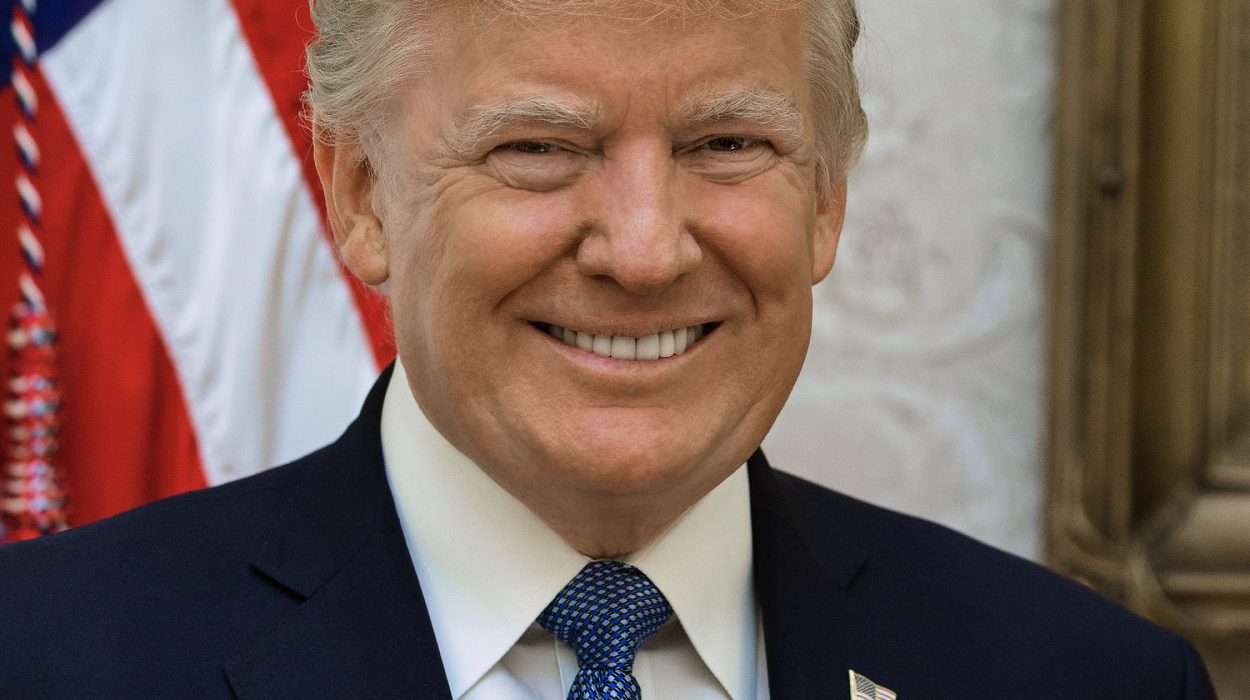Former US President Donald Trump has insisted that recent joint military strikes by the United States and Israel dealt a devastating blow to Iran’s nuclear programme, claiming it has been set back “decades.” The strikes came during a deadly 12-day conflict between Iran and Israel, marking their most intense confrontation to date.
During the conflict, Israel launched extensive airstrikes on Iranian nuclear and military sites, while Iran responded with a barrage of missiles. The United States, siding with its ally, struck three of Iran’s underground nuclear facilities using bunker-buster bombs and a submarine-launched missile. Trump declared that the combined offensive had effectively halted Iran’s nuclear ambitions, assuring the public that Iran would not be building nuclear weapons “for a long time.”
However, assessments from US intelligence officials paint a more cautious picture. A leaked report from the Defense Intelligence Agency, cited by American media, suggests the attacks only delayed Iran’s nuclear progress by a few months. While some entrances to underground sites were damaged, critical infrastructure—such as uranium stockpiles and centrifuges—reportedly survived.
Israeli officials offered mixed reactions. While Prime Minister Benjamin Netanyahu declared that the operation had “thwarted Iran’s nuclear project,” military spokesperson Brigadier General Effie Defrin said it was too early to assess the full impact. The Israeli Chief of Staff, Eyal Zamir, suggested the programme had been set back by several years but stopped short of confirming Trump’s dramatic timeline.
In response to the attacks, Iran’s parliament voted to suspend cooperation with the International Atomic Energy Agency (IAEA), accusing the UN body of failing to condemn the strikes. The legislation still requires approval by the Guardian Council. Iranian President Masoud Pezeshkian stated that while Iran remains open to diplomatic dialogue, it will continue to defend its right to peaceful nuclear development. Foreign Minister Abbas Araghchi warned that the attacks would have “serious and profound repercussions” and signaled a potential shift in Iran’s approach to international nuclear agreements.
Civilian casualties were reported on both sides, with Iranian health officials citing over 600 deaths from Israeli airstrikes, while Iranian missile attacks on Israel reportedly killed 28 people. The ceasefire announced by Trump appears to be holding for now, but uncertainty remains, particularly among Iranian civilians, some of whom fled major cities fearing renewed violence.

